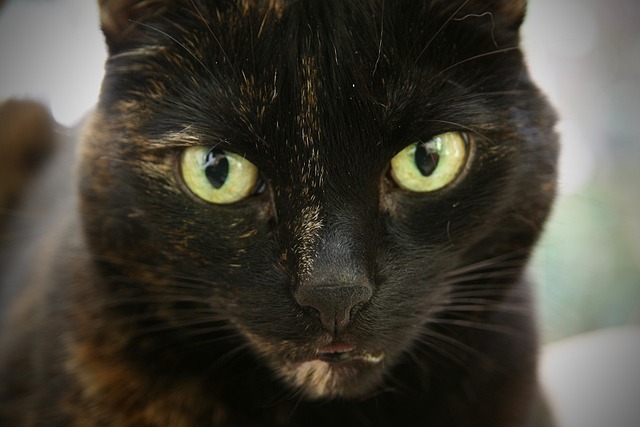Cat owners universally adore those adorable cat toe beans. The paws are irresistibly fluffy and squishy. Yet, why is it that cats often shy away when we try to touch their paws? This behavior is quite common among felines, and there are several potential explanations.
Understanding Cats’ Paws
A cat’s paws are truly remarkable, both in terms of their anatomy and their multifaceted functions. With four feet housing a total of 18 toes, they serve a wide array of purposes, from providing balance and stability to facilitating climbing, hunting, and grooming activities.
Each toe features paw pads made of resilient skin, offering protection during their ventures. Additionally, these paw pads are sensitive to temperature, vibrations, and more. Moreover, cats utilize their claws for various activities, including climbing, hunting, scratching, and grooming. Interestingly, their paws also house scent glands for marking territory and conveying messages.
Another intriguing fact is that cats have sweat glands exclusively in their feet, making it their only means of sweating.
Why Cats Are Sensitive About Paw Touching
Understanding the crucial role paws play in a cat’s daily life sheds light on why they might be hesitant to let you touch them. Here are specific reasons why cats can be averse to paw contact:
- Sensitivity
- Cat paws serve as shock absorbers and sensory receptors for various environmental stimuli. This heightened sensitivity helps them navigate different terrains stealthily. However, it also means that their paws can be easily overwhelmed by touch. To mitigate this, always provide ample warning before attempting to touch their paws.
- Protection
- Cats rely heavily on their paws for survival, whether for fleeing, fighting, or hunting. They tend to be vigilant and protective of them, even while resting. Holding onto their paw might make them feel vulnerable, so trust-building activities should precede any attempts at paw touching.
- Injury or Pain
- Pain or discomfort from an injury is a straightforward reason for a cat to pull away. Cats, especially seniors, may develop conditions like osteoarthritis, making them less tolerant of paw touching. Close observation of behavior changes can help detect potential issues.
- Personal Preference
- Just like people, cats have individual preferences. Early life experiences and socialization can influence their comfort with human touch. Respecting your cat’s boundaries and preferences is essential for a harmonious relationship.
Respecting Your Cat’s Preferences
While it’s tempting to indulge in the cuteness of those toe beans, it’s crucial to respect your cat’s comfort zone. Spend quality time bonding with your feline friend to understand their preferred ways of affection. And always seek advice from a veterinarian if you have concerns about your pet’s behavior or well-being.







